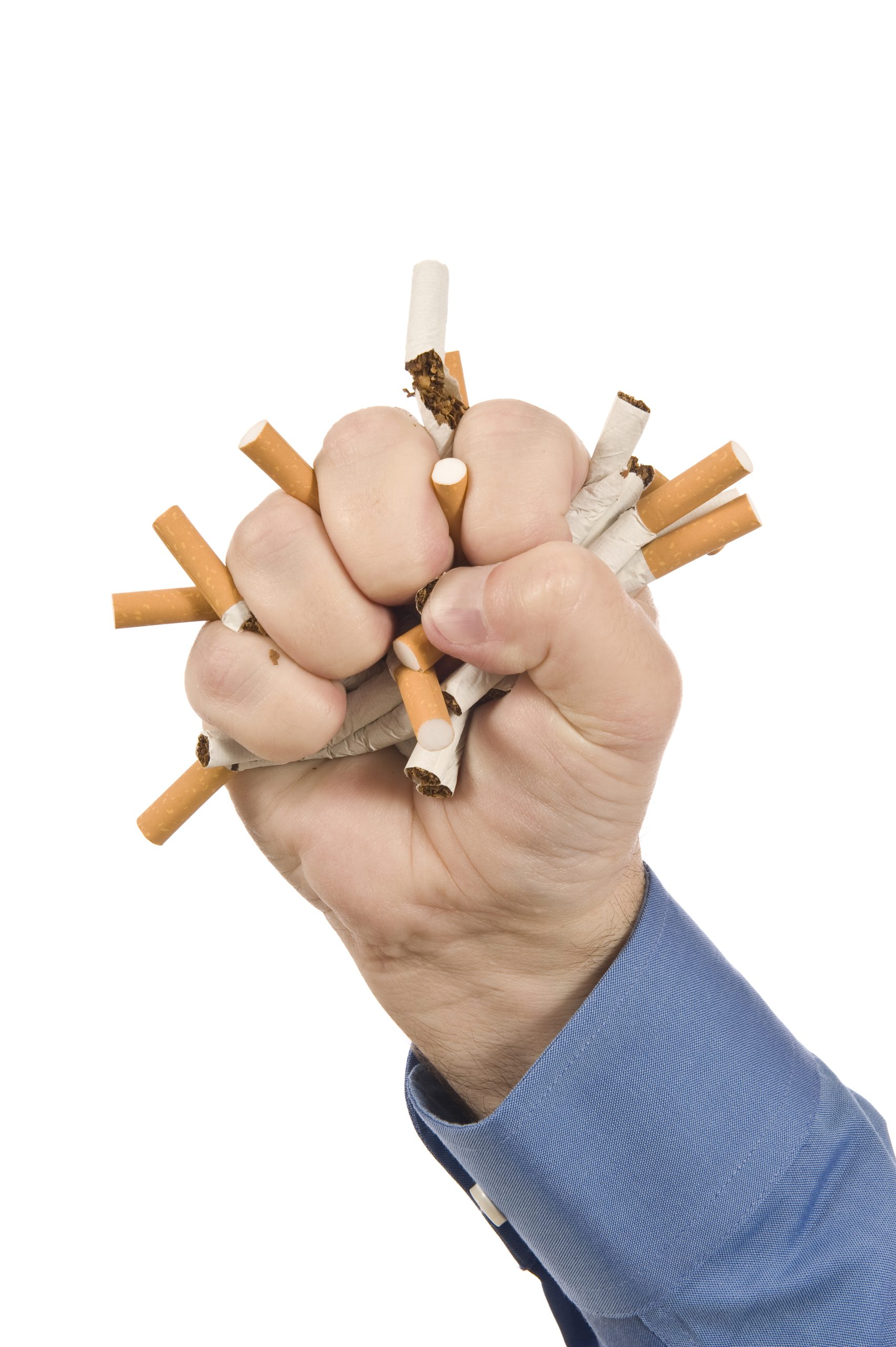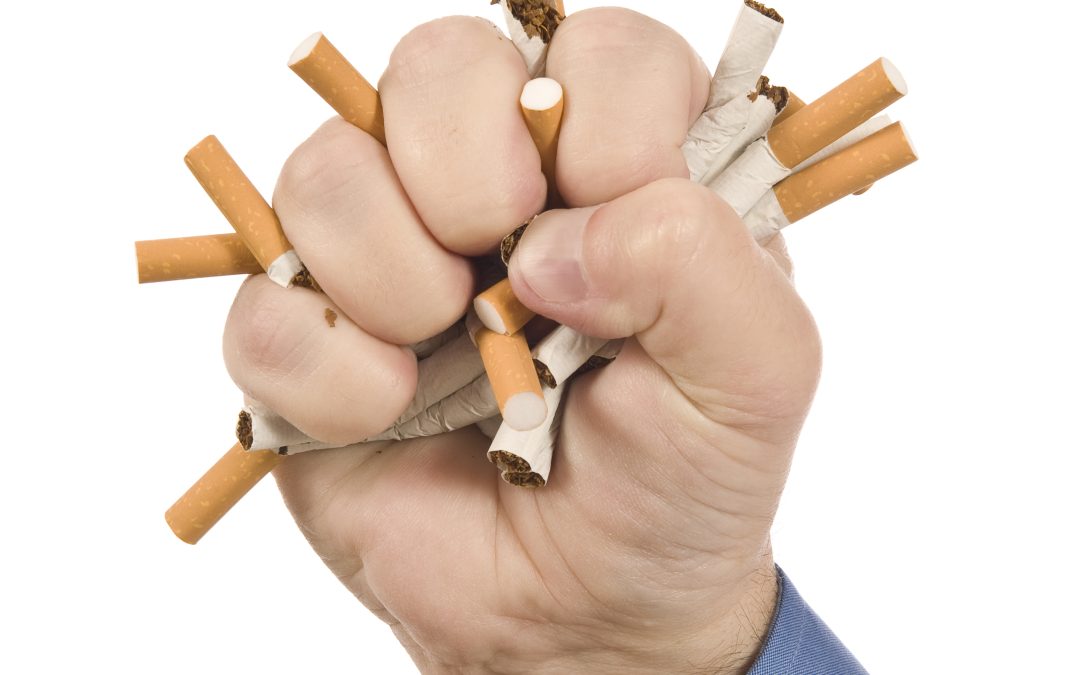Have you ever felt like your life is stuck in a rut? Do you feel like no matter what you do, nothing seems to change? If so, it’s likely that you have developed some toxic habits that are holding you back. In this blog post, we will explore what toxic habits are and how you can break free from them using science-backed strategies.
Introduction: What is a Toxic Habit
Toxic habits are behaviors or patterns of thinking that negatively impact our lives. They could be anything from smoking cigarettes to constantly criticizing yourself. These habits often start off as small things but over time they become ingrained in our daily routines and can cause significant harm to our physical and mental wellbeing.
The Science Behind Breaking Bad Habits
According to research, breaking bad habits requires more than just willpower. It involves changing the neural pathways in our brains that have been formed by repeated behavior. This process is known as neuroplasticity, which allows us to retrain our brain and develop new habits.
7 Strategies for Breaking the Cycle of Toxic Habits
1. Identify Your Toxic Habits – The first step towards breaking any habit is identifying it. Take some time to reflect on your actions and thoughts and identify any patterns that may be causing harm.
2. Set Goals – Once you have identified your toxic habits, set goals to replace them with healthy ones. Make sure your goals are specific, measurable, achievable, relevant, and time-bound (SMART).
3. Develop New Routines – Creating new routines can help you break old habits. For example, if you used to smoke after meals, take a walk instead.
4. Use Cues and Triggers – Our environment plays a vital role in shaping our habits. Use cues and triggers such as stickers on your mirror or alarm reminders to prompt positive behavior.
5. Get Support – Breaking habits can be challenging, and having support from friends and family can make all the difference. Join a support group or find an accountability partner to keep you motivated.
6. Practice Mindfulness – Mindfulness meditation has been shown to reduce stress and increase self-awareness, making it easier to recognize and manage negative thought patterns.
7. Celebrate Progress – Breaking habits takes time and effort. Celebrating small wins along the way can help you stay motivated and focused on your long-term goal.
How to Identify Your Toxic Habits
Identifying your toxic habits can be tough, but there are some common signs to look out for. Ask yourself these questions:
1. Does this behavior cause harm to myself or others?
2. Is this behavior preventing me from achieving my goals?
3. Am I feeling guilty or ashamed about this behavior?
If you answer yes to any of these questions, it’s likely that you have developed a toxic habit.
Developing New, Healthy Habits
Once you have identified your toxic habits and set goals to replace them, it’s essential to develop new, healthy habits. Here are some tips for developing new habits:
1. Start Small – Begin with one small change at a time. Consistency is key when developing new habits.
2. Focus on One Habit at a Time – Trying to tackle multiple habits simultaneously can lead to frustration and failure. Instead, focus on one habit until it becomes second nature before moving onto another.

3. Make it Easy – Choose habits that are easy to implement into your routine. For instance, if you want to exercise regularly, start with a short workout that you enjoy doing.
4. Track Your Progress – Keep track of your progress through journaling or using apps like MyFitnessPal or Headspace. Seeing tangible results can be incredibly motivating.
Maintaining Your Progress and Avoiding Relapse
Breaking habits is not always straightforward, and relapses can happen. However, here are some ways to maintain your progress and avoid relapse:
1. Expect Setbacks – Understand that setbacks are part of the process and don’t let them derail your efforts entirely.
2. Stay Motivated – Find ways to stay motivated such as reading inspiring quotes or listening to podcasts related to personal development.
3. Plan for Temptation – Anticipate situations where you might be tempted to revert back to your old habits and plan accordingly. For example, if you know you tend to binge eat while watching TV, remove unhealthy snacks from your home.
Conclusion: Tips for Staying on Track with Self-Help

Breaking toxic habits can be challenging, but it’s possible with dedication and perseverance. Remember to celebrate your successes, stay motivated, and seek support when needed. With these strategies, you can create a happier, healthier life for yourself.
Other Questions People Ask
What are effective ways to identify toxic habits in my daily routine?
Start by observing your behaviors and thoughts during different parts of your day, especially in situations where you feel stressed or unmotivated. Keep a journal or use habit-tracking apps to note recurring patterns that seem harmful. Pay attention to triggers or cues in your environment that prompt these behaviors. Recognizing these signs helps you pinpoint which habits need to be addressed.
How does understanding what a toxic habit is help in breaking it?
Understanding what a toxic habit entails allows you to clearly identify behaviors that are detrimental to your well-being. This awareness enables you to set specific goals for change and develop targeted strategies to replace harmful patterns. Knowing the science behind habit formation also helps you realize that changing neural pathways is possible with consistent effort. Ultimately, this knowledge empowers you to take actionable steps toward healthier habits.
What is Introduction: What is a Toxic Habit and why is it important?
Understanding what Introduction: What is a Toxic Habit entails provides a solid foundation for further learning. It encompasses both the key concepts and the role it plays in its broader context. Knowing why it matters helps you prioritize it appropriately and recognize the benefits it can offer. This perspective also guides your decisions about when and how to apply Introduction: What is a Toxic Habit.



